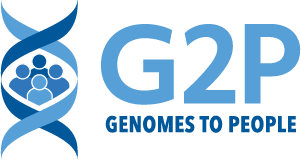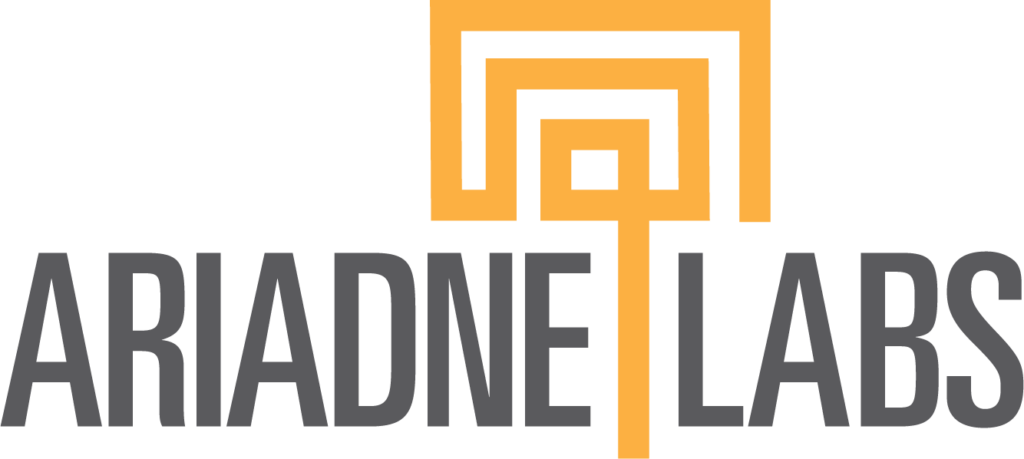Primary health care has long been viewed as the foundation of strong health care systems. However, gaps in how care is integrated and delivered around the world create challenges in ensuring equitable access to care for all. Follow-through innovation in this space creates tools to measure and improve primary health care systems, and identifies opportunities to leverage primary care’s broad reach to ensure equitable access to medical innovation.
PRIMARY HEALTH CARE
The Primary Health Care team works with partners around the world to address gaps in service and system-level integration of care by designing, measuring, and improving high-quality primary health care systems. Their work focuses on five priority areas: measurement innovation, integrated care models, empanelment, team-based care redesign, and novel care modalities and technologies in primary health care.

— Dan Schwarz, MD, MPH, Affiliate Faculty, Primary Health Care
PRIMARY HEALTH CARE:
MEASURING HEALTH SYSTEMS AROUND THE WORLD: VITAL SIGNS PROFILES
Ariadne Labs’ Primary Health Care Program is a founding member of the Primary Health Care Performance Initiative (PHCPI), a partnership of organizations dedicated to transforming the global state of primary health care. As part of this collaboration, Ariadne Labs has pioneered development of the Vital Signs Profiles, an innovative suite of tools that helps stakeholders quickly diagnose the strengths and weaknesses of primary health care in their country.
In 2021, PCHPI released “If Health Systems Could Talk,” a report detailing progress in primary health care since global leaders renewed their commitment to strengthen primary health care worldwide with the 2018 Declaration of Astana, with a particular focus on the impact of the Vital Signs Profiles. To date, 23 countries have completed profiles, proving that it is possible to define and examine the strength of primary health care in a rigorous, standardized way, leading to improvement-oriented insights for the future. Ultimately, while no two countries will have the same primary health care strategy, robust PHC data can help leaders tailor their approach to maximize impact.
PRIMARY HEALTH CARE:
CALLING FOR HIGH QUALITY PRIMARY CARE IN THE US
A report by the National Academies of Sciences, Engineering, and Medicine, co-authored by Ariadne Labs Executive Director Asaf Bitton, sets forth an evidence-based plan with actionable recommendations for implementing high-quality primary care in the United States. The implementation plan balances national needs for scalable solutions while allowing for adaptations to meet local needs.
One of the report’s key recommendations, which has already been implemented, calls for creation of an inter-agency coordination and accountability mechanism for primary care within the U.S. Department of Health and Human Services.

SCALING PRECISION MEDICINE INTO PRIMARY CARE, FOR ALL
Precision medicine’s impact on specialty care, particularly in oncology and rare diseases, is among the most notable scientific breakthroughs in recent history. Applied to preventive care, precision medicine holds the potential to prevent disease before it even occurs, but gaps in how health care is delivered have hindered that possibility. Follow-through innovation can address these challenges and bring the potential of precision medicine to every patient everywhere.
In 2021, Ariadne Labs and Genomes2People launched the Precision Population Health (PPH) Initiative to begin developing these follow-through innovations. The team is currently creating implementation pathways, tools, and guides that work across various clinical contexts, with a particular focus on primary care settings, so that they may be accessible to any health system interested in practicing precision medicine.
The PPH team has partnered with Beaumont Health, the largest health system in Michigan, to assess their genomics capabilities and devise a plan for equitable and broad expansion into primary care. Using tools from the Ariadne Labs Atlas Initiative, the team conducted a readiness assessment and interviews with system leaders, clinicians, and staff, and returned a final report describing results and recommendations for next steps. An implementation pilot project is planned for early 2022.
![]() Featured Publication
Featured Publication

Furthermore, they have partnered with GRAIL/Illumina, which recently launched a multi-cancer early detection test, to assess test implementation success, challenges, and readiness for broader rollout.

— Nic Encina, MS, MBA, Director of Strategy of the Precision Population Health initiative

